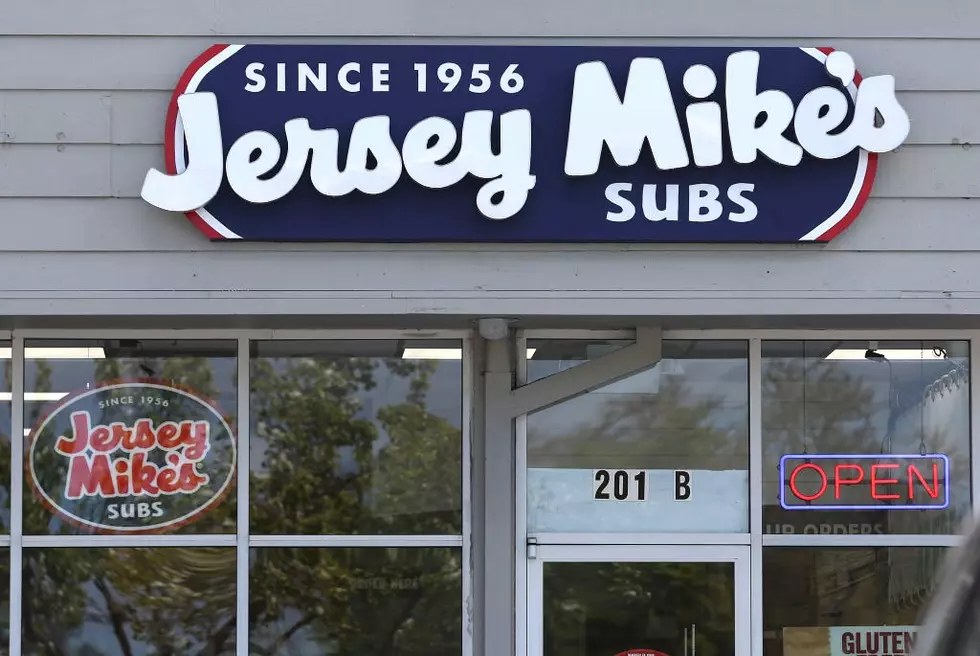
Pipelines = Jobs
A study by LSU says the Bayou Bridge pipeline project would lead to about an $830 million dollar economic boost for Louisiana this year. The pipeline would run 162 miles from Lake Charles to St James Parish and could transport some 480,000 barrels a day of crude from where it’s produced to where it’s refined by 17 different refineries.
Concerns of the pipeline ‘rising’ up into wetlands is countered by the fact that federal regulations stipulate that anywhere in the country, a pipeline underground must have from 3 to 4 feet of ground cover. Pipelines are a proven, safe and effective way to move these products.
Without getting political I will observe that in my ten-odd years in the ‘environmental’ business I went to a lot more tank truck rollovers and rail-car and barge line spills than I did leaky pipelines.
I’ve seen pristine white sandy beaches turned black from tanker incidents and the sides of the freeway and woods covered in petroleum. And if it catches on fire, the problem is multiplied in cleanup costs.
Pipe pressure is continuously monitored on both ends and many places along the way for pressure drops. If the pressure drops indicating a leak or other anomaly automatic valves can shut off the flow almost instantly. Spotter planes and now even drones continously fly over stretches of pipelines above ground looking for trouble.
When an 18-wheeler rolls over, or a train derails or a barge hits something in the water or breaks open in rough seas, there are no shutoff valves on a busted vessel and that’s when you run into the most problems.
Otherwise a pipeline will quietly and continuously breathe oil into the life of the refineries.
More From 92.9 The Lake







